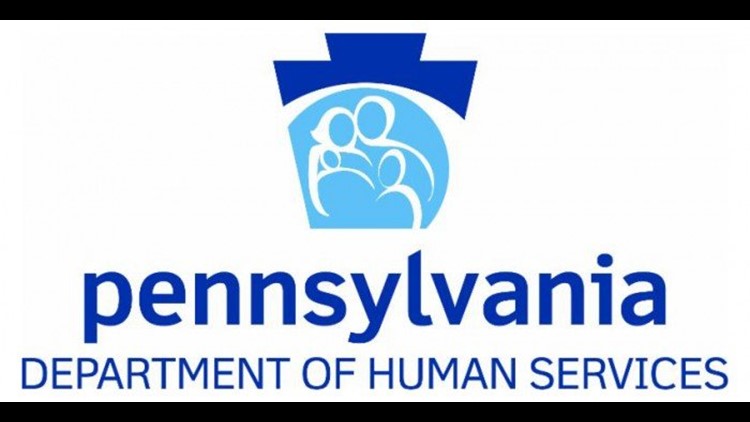PENNSYLVANIA, USA — Department of Human Services Secretary Teresa Miller detailed the resources available to survivors and people experiencing domestic violence.
The panel, which was in honor of domestic violence awareness month, included Susan Higginbotham, chief executive officer of the Pennsylvania Coalition Against Domestic Violence (PCADV) and Lori Sywensky, executive director of Turning Point of Lehigh Valley.
The group discussed the signs and types of domestic abuse, which survivors may be experiencing in new or frequent ways as the COVID-19 pandemic requires people to spend more time in their homes.
“Everyone should live free of violence and mistreatment, especially in our close, trusted relationships,” Miller said. "If you are experiencing emotional or financial abuse or physical violence from a relative or partner, please know that you are not alone in this, and help is available to keep you and your family safe."
Miller says they are partnering with PCADV to support survivors through unimaginable obstacles to build a safe, supportive environment and achieve a better life.
"We must always create a safe, supportive environment where all affected by domestic violence know that they are not alone. If you fear for a friend, peer, or loved one’s health or safety – talk with them. A small action can save a life.” Miller said.
“Domestic Violence Awareness Month is a powerful reminder that even in a global pandemic, domestic violence doesn’t stop and neither do the services we provide to survivors and their families," said PCADV CEO Susan Higginbotham in a release. "Our 59 local domestic violence programs have swiftly evolved how they provide a breadth of services so that even in the most challenging times, survivors can find a path to safety."
For more information about signs of abuse, how to support survivors, and PCADV, visit www.pcadv.org.




